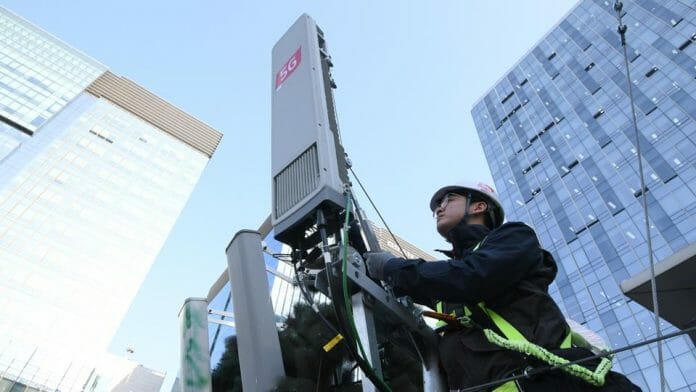Its raining outside while I write this, my favourite satellite channels are disrupted due to the rain but lucky for me the fixed broadband is working fine and I’m able get back to finishing this article. With millions of households turned into offices and family members all working or schooling from home, the single crucial element that is keeping us all functioning is the internet connection.
According to the country’s top authority responsible for the digital network infrastructure, the Malaysian Communications and Multimedia Commission has claimed that due to the pandemic and MCO, a deep and insightful discussion was held with various stakeholders after which resulted in a complete overhaul of the nations broadband strategy. Its chairman, Dr Fadhlullah Suhaimi Abdul Malek mentioned that that ever since that period, the network has been improved and is now stable despite many people using the network.
“We did a survey for roughly about two months after MCO 1.0 started in March 2020, and it showed an increase in Internet traffic by more than 30 per cent. Citing a report by Opensignal, Fadhlullah said the speeds of Internet for both fixed broadband and mobile network in the country are stable, with fixed Internet service at 88Mbps on average and mobile network reaching 26Mbps on average.
The changes are from the result of MCMC’s direct involvement from that discussion which saw a massive upgrading of existing network and the introduction of the RM21 billion National Digital Infrastructure plan ( JENDELA). Under the plan all 3G signals will be shut down, replaced with 4G by end of 2021 and the rollout of 5G should begin early 2022.
As we continue to bounce from MCO to MCO, uncertain when things will be normal again, lets be very clear that the new norm is here to stay. Working and schooling from home is going to be a long term situation, efforts from all stakeholders in this case we mean the government, private sectors and the people must put in efforts to streamline the process.
MCMC claims the fiberation program should be able to achieve this goal, so far 5.4 million premises, or 60 percent, of the nine million premises in the country have been fiberised with 40 percent to be completed by 2025. Just in the last 4 months an additional 400,000 premises were upgraded and the target is to achieve another 1.2 million by year end. With this a total of 7.5 million premises will be completed which accounts for 85 percent of total premises the country.
Dr Fadhlullah goes on to add the the upgrading process is continuous and when we get it right, the infrastructure level can be closer to what we are seeing in South Korea or Singapore. A lofty goal but something achievable if the momentum established does not waiver. Telco’s have been enjoying surge in data usage and with businesses rushing to go digital, operators are suddenly overwhelmed with new bookings in this new segment. This renewed motivation will offer them incentive to heed the governments agenda in closing the digital divide, small businesses and factories are often in the outskirts, which now makes commercial sense to have them connected. A win-win!
Keeping Up With The Joneses
Singapore has the worlds fastest internet speeds, Ookla places the nation at number one with average speeds of 222 Mbps, 10x faster than Malaysia! The target is to getting to these speeds by 2025 or matching the City State or South Korea by then, can we? I think the question is not ‘ Are we able to’ but ‘we have to!’, Malaysia can no longer sit and watch as nations around us zoom past. Digitalisation is regarded as the Great Reset, it can give equal opportunity for any country to compete in the global economy, invest in the right ecosystem, keep abreast in technology and this can be an alchemy to success. Our strong fundamentals kept us competitive in the past but with rise of Vietnam, Thailand and Indonesia however that position is now being threatened.
The JENDELA Phase 1 which runs from 2020 to 2022 involves increasing 4G mobile coverage from 91.8 per cent to 96.9 per cent in populated areas, boosting mobile broadband speeds from 25Mbps to 35Mbps, and enabling up to 7.5 million premises gigabit speed fixed line broadband. While Phase 2, involves utilising fixed wireless access and other fit-for-purpose technologies to address further gaps in the digital divide as well as 5G planning and priming for infrastructure to be 5G-ready.
Strategies are all fine and dandy as long as there are no changes to the current government, we have seen how long-term plans can go disarray when a new government takes over, flip flopping on policies causes the country dearly in both lost in investor confidence and financially.
We have used all our reset buttons, lets get this right as this is our last chance to fix the wrongs, whoever is in power should stick with the road map and not deviate for any reason. Its proven that faster internet speeds improves a nations GDP, make it available and sit back to watch our country flourish.









